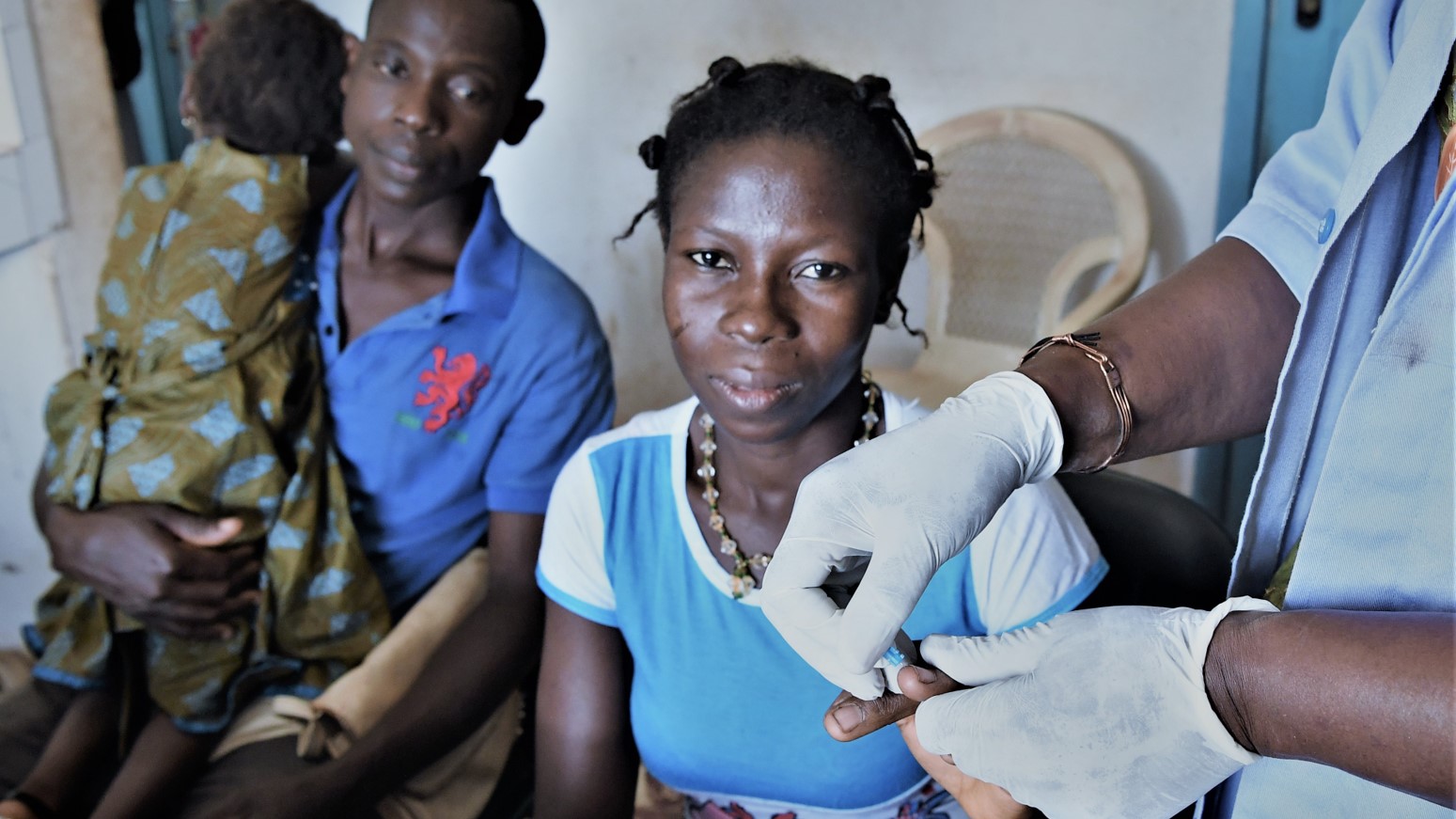HIV testing and treatment remains low among children in West and Central Africa. Various barriers prevent the scale-up of services and improved coverage for children, including limited coverage of early infant diagnostic capacity, limited decentralization of pediatric treatment including task-shifting/sharing from paediatricians to nurses and community actors, as well as prevalent HIV stigma at individual, family and community levels. Family-based HIV index testing has been identified as a game changer that can deliver quick gains for the paediatric HIV response in both high- and low prevalence settings. By using an individual family member living with HIV as an entry point to reaching the entire family unit, several underlying factors can be addressed, which limit access to HIV testing services especially for children.
This operational guidance is meant for use by national programme managers, implementers, advocates and health care providers in collaboration with partners, supported by national, regional and global experts. The guidance draws off the experience in family testing from within and outside West and Central Africa. It combines recommendations from the Dakar Expert consultation, which took place in June 2018, as well as lessons learned from the pilot of the Family Testing Operational Guidance in Liberia in June 2018. It is a living document that will be enriched as evidence on family Testing in the region grows. The use of this guidance will be complemented by a toolkit and a community of practice. It is a regional document drafted for the countries in West and Central Africa to guide country teams to design country-contextualized family HIV testing roll-out.
